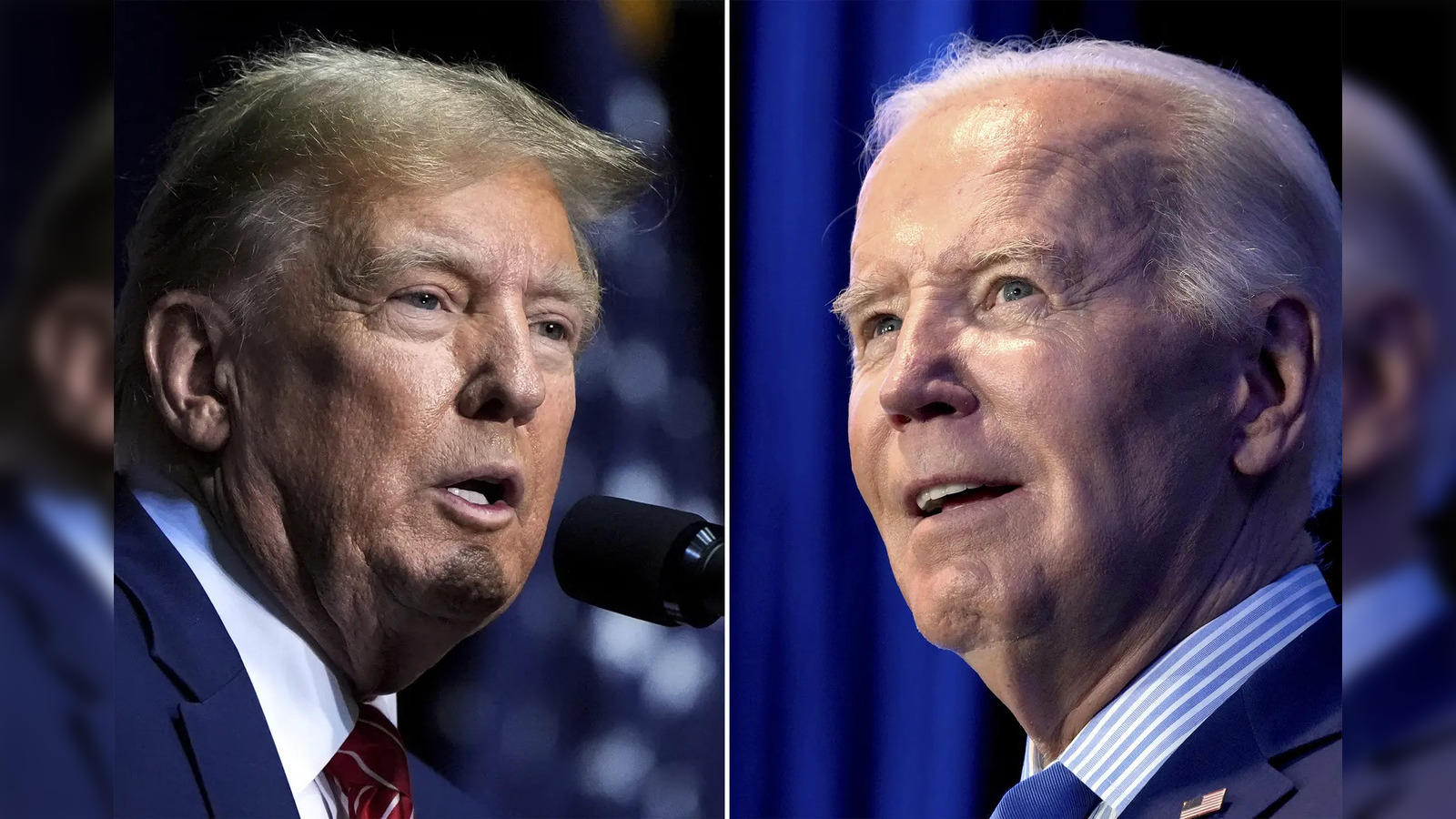Xi Jinping’s ‘new era’ is an opaque economic picture

Workers contacted again late Monday afternoon only said the release had been postponed indefinitely. On Friday, the government did not release data on imports and exports for September, nor did it say when.
China’s refusal to provide data, combined with the haphazard communication of the postponement, has either disrupted parts of the bureaucracy or the Chinese economy is in worse shape than most people realized. It also raised questions about the reliability of the data.
China’s decision to delay the release of economic data raises many questions. credit:bloomberg
“It’s a terrible failure,” said Tyce Chan, a Yale University law professor who specializes in comparative legal history and economic history. “I don’t know if they’re manipulating numbers. Even if the figure needs to be massaged, it’s better to do it within a normal time frame.”
In March, the Chinese government set a growth target of “about 5.5%” for this year. But a Western economist estimates that China’s economy will grow by just over 3% in the third quarter.
Still, it would have been better than the 0.4% growth recorded in the second quarter, when Shanghai was locked down for two months to contain the COVID-19 outbreak.
Loading
Xi’s emphasis on social stability and national security often has the side effect of slowing economic growth and jobs. Regulators have cracked down on the tech sector, contributing to widespread layoffs among younger employees. Dozens of national private property developers defaulted this year after Beijing discouraged property speculation. The big guys have fled the country. Municipal lockdowns to contain the COVID-19 outbreak have taken a heavy toll.
Questions have long been raised as to whether China’s economic growth figures will swell or even out somewhat from one year to the next. But until recently, China also released more detailed data that allowed us to draw conclusions about the overall health of the economy.
One such indicator is the rising value of new office buildings, railways and other investment projects. But since last year, China has stopped publishing data on inflation in construction costs.
Diana Choireva, chief economist at Enodo Economics, a London consulting firm, said this made it difficult to calculate the true value of new investments. So while the total amount invested is still available, it’s no longer clear what that money is actually buying.
Underlying data were available for China’s international trade, the main driver of growth. However, in the summer the discrepancies began to become apparent.
China’s General Administration of Customs reported that exports to the US and Europe soared through August. However, the number of containers leaving Chinese ports for these destinations remained flat.
“It’s a gross misstep. I don’t know if they’re massaging figures. Even if the figures need to be massaged, it’s better to do so within the normal time frame.”
Yale law professor Chan Tais said China made a big mistake by delaying the release of its latest economic data.
The average price that Chinese factories charge wholesalers has changed little. Few economists believe China is making more money from exports through inflation. Despite rising export statistics, the container stagnation has caused China to overstate the value of cargo to customs officials as part of a complex strategy to move money out of China by exporters. Consistent with previous economic downturns.
There are other indications that the actual export of goods is currently in trouble. Taiwan has trade patterns very similar to mainland China, and on Oct. 7, Taiwan reported an unexpectedly sharp drop in her September imports and exports.
Another problem is that even when China publishes its data, it sometimes doesn’t say much about how it’s calculated. Derek Scissors, a senior fellow on China and India at the American Enterprise Institute in Washington, said he had previously been unable to get answers from Chinese officials about how certain investment statistics were calculated. said it was done. However, in recent years they have become less willing to discuss their data.
Loading
The postponement of Monday’s release of economic data had little visible impact on China’s financial markets on Tuesday. soared. Stock markets in Shanghai and Shenzhen remained largely unchanged as they were isolated from international events and tightly controlled by Chinese authorities.
However, delays could adversely affect China’s image in financial markets.
“If delays start to become the norm, confidence in official economic data and the professionalism of the Chinese bureaucracy could erode,” said Julian Evans-Pritchard, senior China economist at Capital Economics.
This article was originally new york times.
Our Business Briefing Newsletter delivers headlines, exclusives and expert opinion. Sign up to pick up weekday mornings.
Xi Jinping’s ‘new era’ is an opaque economic picture
Source link Xi Jinping’s ‘new era’ is an opaque economic picture



